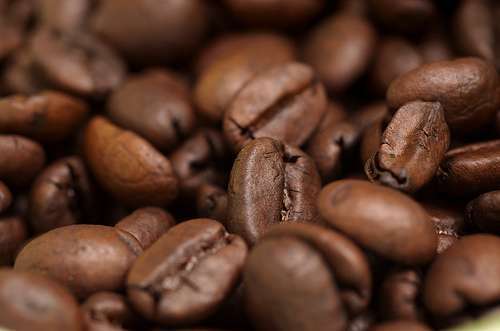
Kona Coffee: one of the best cups of coffee available
Author: Damen Choy: the Coffee Expert
Origins of Kona Coffee
Kona coffee comes from the island of Hawaii, also known as the Big Island. Coffee was first brought to Hawaii by an American missionary in the form of coffee plant cuttings from Brazil. Originally grown on large plantations, today the coffee is grown on about 800 small Kona coffee farms. Kona coffee is one of the most expensive and rare coffees, since just 2 million pounds are distributed each year. [Read more…] about Kona Coffee: one of the best cups of coffee available





